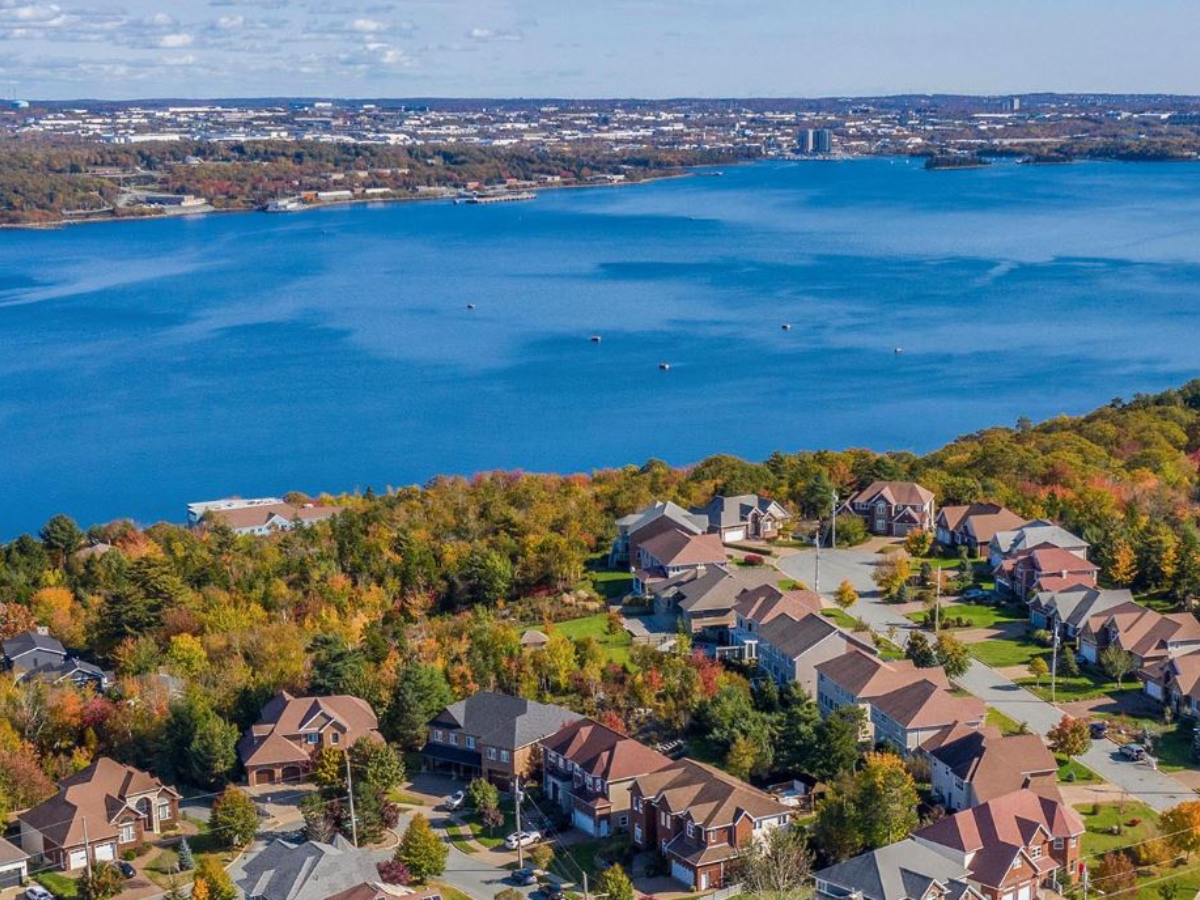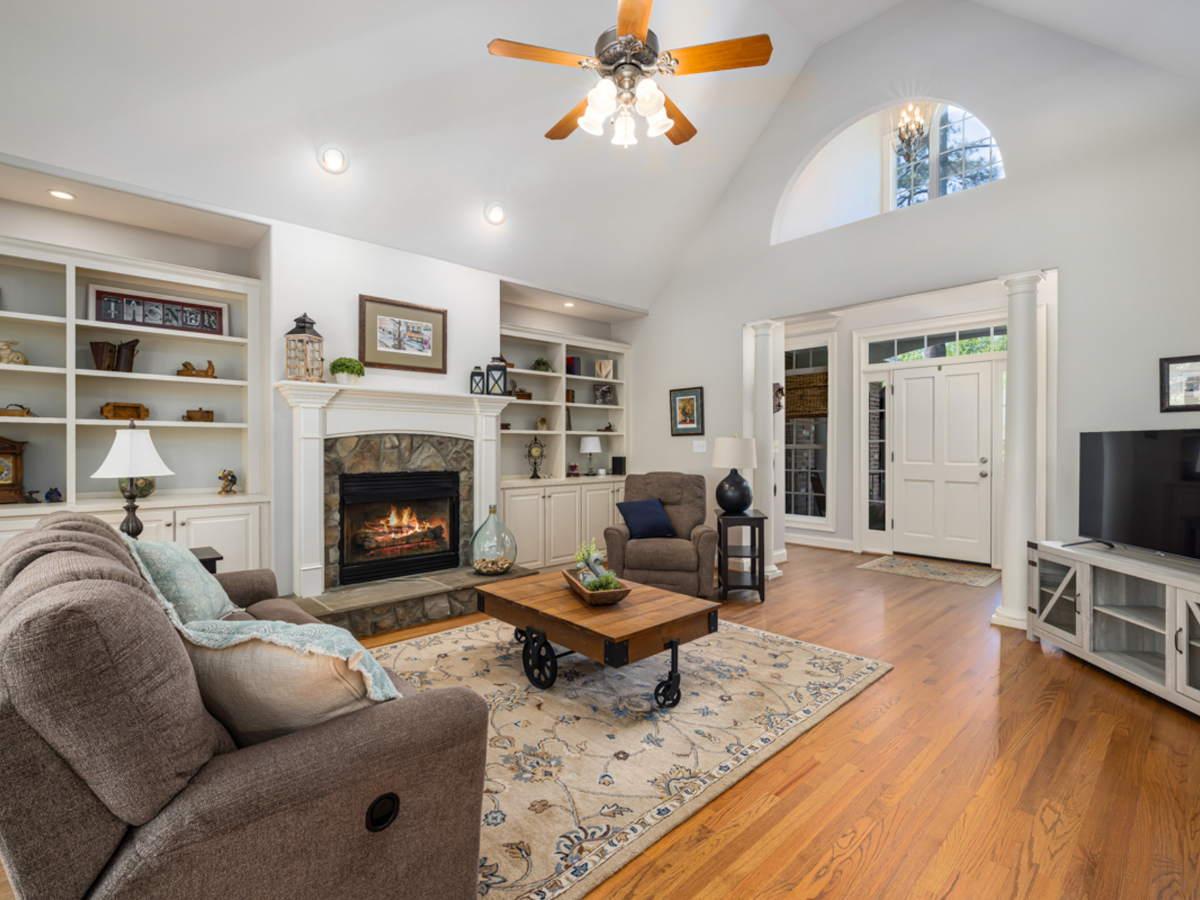Most homebuyers fail to account for closing costs as one of their significant expenses. You see, a certain amount of money is required before ownership transfers to the buyer during the final real estate transaction phase.
If you don’t already know, understand that this is necessary for a homebuyer because it enables proper financial planning and safeguards you from unexpected expenses when finalizing a property acquisition.
Here, Bryant Realty Atlantic will explain closing costs, their typical fees, their differences, and tactical approaches to handling these expenses. You will clearly understand what to expect and the necessary planning steps by the end of this post.
What Are Closing Costs?
Real estate transactions are finalized with closing costs, which buyers and sellers have to pay. The additional expenses are separated from the down payment amount and the substantial fees.
Buying a home in Canada requires saving between 1.5% and 4% of the property purchase price for closing expenses. The closing expenses for a house priced at $500,000 would span between $7,500 and $20,000.
Closing costs provide proper completion of transaction details through legal, administrative, and lender-based costs. The costs require advanced planning because most of these expenses are non-negotiable, but you can reduce select costs.
Let’s Expound On These Costs
The most typical elements of closing costs consist of the following sections:
Legal Fees
Home buyers need a real estate lawyer to establish legal compliance while purchasing property. A professional lawyer conducts a title search to verify ownership before leading the property transfer process. Based on transaction complexity, the legal fees for real estate transactions fall between $500 to $1,500, but it’s important to get more information.
Land Transfer Tax
The land transfer tax is the most significant payment for house buyers when closing. The provincial government places this tax duty upon the seller when property ownership transitions to the new buyer. The tax rate for land transfer tax adjusts according to provincial jurisdiction and property worth. Toronto is among several municipalities that enforce supplementary land transfer taxes besides provincial fees.
First-time buyers in particular provinces receive property tax rebates, which decrease their housing purchase expenses. If you are new to this, consult professionals such as real estate agents or lawyers who can determine the tax rates that apply to a specific location. It’s imperative that you seek advice from the experts at Bryant Realty for specific information.
Home Inspection Fee
Most homebuyers schedule a professional home inspection as their final step before closing the property deal. A certified home inspector helps property buyers discover hidden problems in structures, plumbing issues, and maintenance requirements.
Getting a property inspection is not essential, but preventing future expenses after relocation is strongly recommended. The typical costs for home inspections fall between $300-$500, but can range in cost.
Appraisal Fee
Lenders need home appraisals to understand property worth before giving mortgage approval. The loan amount should match the property’s authentic worth through this appraisal process. The buyer needs to pay between $300 and $500 for the appraisal fees. The agents at Bryant Realty will help you through this process.
Title Insurance
The insurance policy for property titles prevents mortgage holders and buyers from facing legal disputes about ownership rights. This may be through coverage against undisclosed claims and errors in public records or fraudulent acts.
Many lenders request this insurance as a safety protocol, although its purchase is optional under the law. The total cost for title insurance premiums is between $200 and $400 for one payment. Make sure you get all the information you need with the professionals at Bryant Realty.
Property Insurance
Borrowers need to obtain property insurance so mortgage lenders will allow them to complete property transactions. The insurance policy ensures that the house remains protected from destruction caused by natural disasters, fire-based incidents, and theft incidents.
Property insurance prices vary according to home location, home value data, and coverage insurance specifications. You should examine multiple insurance policies to find the most suitable option.
Prepaid Property Taxes and Utility Adjustments
Before the sale period, some sellers choose to pay part of their property taxes and utility expenses. At the closing process, buyers are legally responsible for paying back funds that sellers expended for these costs. Local tax rates and payment schedules determine which specific amount buyers will pay.
Mortgage Default Insurance (if applicable)
Buyers who pay less than 20% of the purchase price have to obtain mortgage default insurance from CMHC. The protection the lender receives through this insurance exists in case default occurs.
The cost calculation considers mortgage values with down payment percentages leading to expenses that range between 2.8% and 4% of the mortgage values. Bryant Realty agents can walk you through this process and answer any questions you may have.
How to Manage and Reduce Closing Costs
You need to search for ways to control and decrease your accumulating closing costs.
Here are some strategies:
Shop Around for Service Providers
Different closing expenses have varying levels of flexibility. You can easily get the lowest rates by assessing prices for various home inspectors, real estate lawyers, and insurance providers. Getting quotes from different service providers makes it possible to discover reduced costs.
Negotiate with the Seller
During negotiations, selling parties sometimes agree to cover some closing costs as part of their bidding strategy to secure sales. Sellers in buyer’s markets tend to accept such offers since they have fewer interested buyers.
Ask for a Closing Cost Estimate
After starting the transaction process, ask your lender and real estate agent to provide comprehensive closing cost estimations. Open disclosure helps you create financial plans that protect you from surprise expenses.
Time Your Closing Date
The closing scheduled later in the month helps lower expenses for prepaid interest. Buyers who select closing dates at the end of the month pay less interest to lenders because lenders usually require interest payments from closing until month-end.
Take Advantage of First-Time Homebuyer Programs
First-time homebuyers may use provincial incentives to reimburse closing expenses by offering partial refunds for land transfer taxes. Homebuyers need to investigate governmental programs that might provide financial aid.
Closing Costs for Sellers
The main expenses during closing rest on buyers, though sellers have to allocate funds to specific closing-related costs. After a house sells, the typical expenses sellers handle include:
-
Real Estate Agent Commission
A seller has to cover the real estate agent commission fees between 3% to 5% of the home sale price. The payment breaks down between what each agent receives as compensation.
Investing in an experienced agent pays off since their expertise helps the property sell speedily at elevated rates despite the initial costs.
Mortgage Discharge Fees
The seller has to pay a discharge fee to their lender when they have an outstanding mortgage. The administrative expenses of closing a mortgage account are paid through this fee.
A mortgage prepayment penalty can arise when home buyers finish paying their debt ahead of the agreed term date. The costs for prepayment penalties depend on the mortgage type and the lender’s specific requirements.
Legal Fees
By carrying out all legal transactions, checking agreements, and handling financial transfers, the lawyer enables the ownership transfer to proceed according to the law. The legal expenses for home sellers normally fall between $500 and $1,500. These may vary, make sure you consult with the professionals at Bryant Realty as you walk through the home selling process.
Property Taxes and Utilities
Property sellers pay off all property taxes, utility bills, and municipal charges during the closing period. Buyers need legal reimbursements if they pay fees for services which will exceed the closing date. The clearance of all outstanding dues prevents delays during the closing process.
Knowledge about these costs enables sellers to create proper financial plans with clear targets for their net profit.
Final Thoughts
Closing costs are essential in the home-buying process and should not be overlooked. While they can add a significant expense, proper planning and budgeting can help buyers manage these costs effectively.
Buyers can make informed financial decisions by understanding the fees, shopping around for service providers, and leveraging first-time homebuyer incentives.
The experts at Bryant Realty help homebuyers navigate the real estate process with confidence. Whether purchasing your first home or investing in luxury real estate in Nova Scotia, their team guides you every step of the way. Contact Bryant Realty today to learn more about buying a home and understanding your closing costs.




